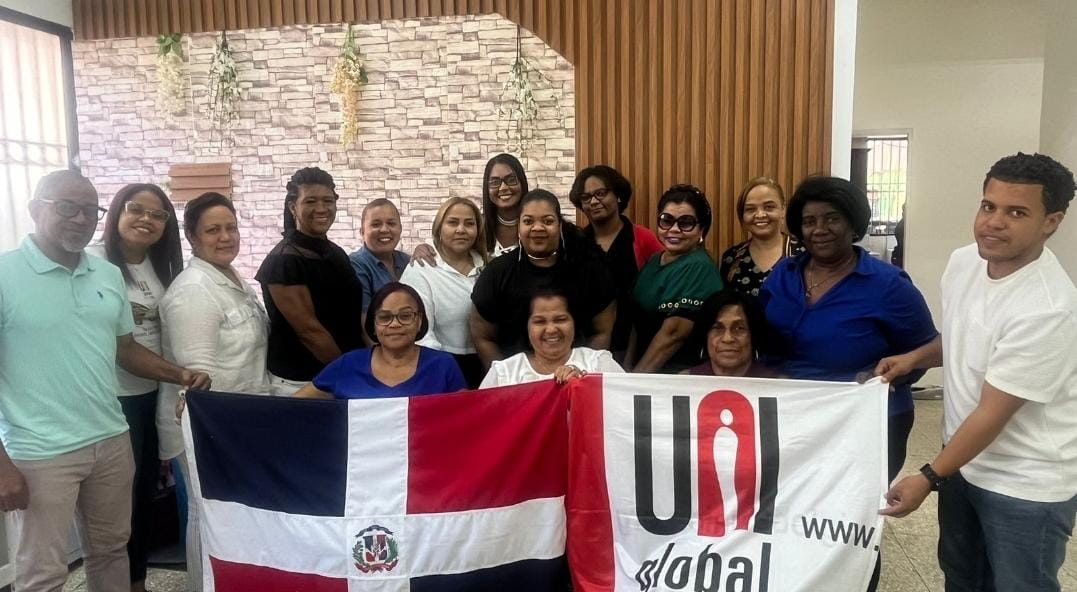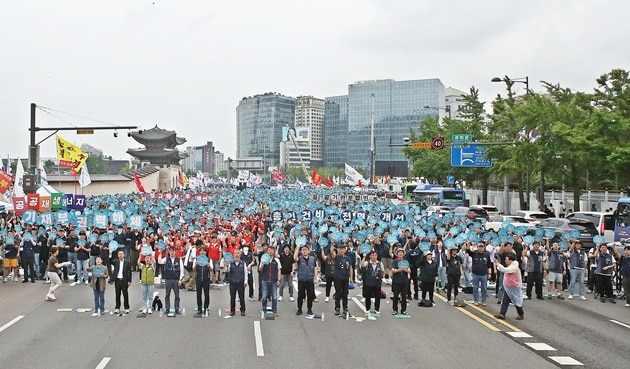Comprehensive Training Programme Launched for Dominican Caregivers
02.05.24
In March, the National Federation of Women Workers (FENAMUTRA) kicked-off its year-long workshop series titled “Introduction to Home Care and Prevention of Occupational Risks” in the Dominican Republic. This initiative, supported by UNI Global Union and funded by USAID through the Together We Care: Partnerships for Equitable Health System activity.
Together We Care is designed to elevate women’s economic security by fostering a skilled, empowered workforce in the health and care sectors.
FENAMUTRA, a member of the UNI Global Union, aims to standardize and improve the professional capacities of diverse care workers including those in domestic, early childhood, and elderly care, as well as health sector employees. “More than changes, in FENAMUTRA we would like innovation in everything we have been doing so far, and that we continue to be the pioneers in training processes in the care sector,” expressed Ruth Diaz, President of FENAMUTRA.
“Our goal is to continue protecting these workers, providing them with better support, and influencing all public policies that contribute to improving the quality of life of each of them,” Diaz added.
Lucía Lindner, Regional Director of UNI Care Americas, highlighted the critical role of training in the sector’s development. “For UNI, training is fundamental, and one more step towards the formalization and professionalization of this sector that has historically been neglected. We hope that this program will serve as an example to be replicated throughout the region,” Lindner stated.
The initiative builds on FENAMUTRA’s legacy of enhancing care worker skills, notably through the founding of the Training Center Specialized in Domestic Services (CEFESD) in 2009. CEFESD aims to educate workers on their duties and labor rights, benefiting both workers and employers.
The launch event, coordinated with the National Council for the Elderly (CONAPE) and the Dominican Institute for the Prevention and Protection of Occupational Risks (IDOPPRIL), included a survey to gather participants’ expectations and feedback, ensuring the program’s continuous improvement.
“For us to be able to carry out this program for these caregivers is highly relevant and extremely important because they are acquiring knowledge to be able to access formal employment,” commented Diana Mejía, CONAPE’s Director of Integral Development and Protection of the Elderly.
“It is not only about perfecting and professionalizing the techniques of these workers but also about the impact on a better quality of life for the elderly, and we believe that with this we can achieve it,” Mejía concluded, underscoring the program’s broader societal benefits.


